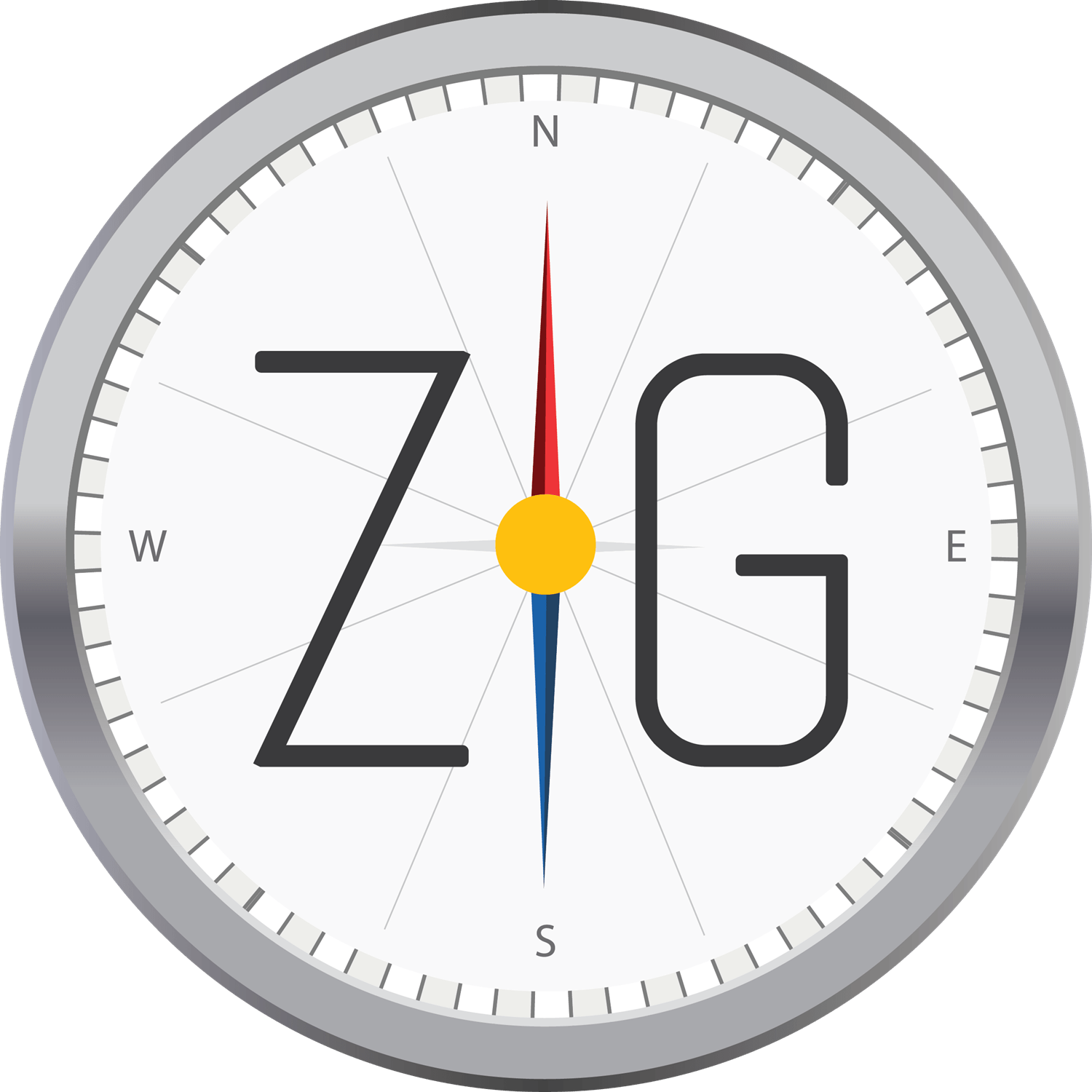How Does Google Use Bert
Zack Greenfield • September 14, 2021
Today we're going to talk about something that I think is pretty it's pretty, frankly, almost like sounds like a miracle, but this has to do with your On-Page SEO. And the constant struggle that we hear from, you know, clients are trying to, come to us for advice about keywords and content creation and how much QI, how many keywords are needing to be in their content and you know, all that complicated stuff. So we're going to cover it, but it's, I'm going to cover it with sort of the latest, you know, Intel and a little introduce you. Some of the newest technology that Google is using to make all of this work for all of us. So stick with us, and I'm going to give you some good advice on how to proceed with your On-Page keyword and content.
I don't know who said this, but there's a quote out there that great technology should seem like magic. And we all take for granted how miraculous Google really is when we go to search for something. And it's able to look all over all the content that everybody in the globe is submitting into the internet and publishing and give us, you know, the best relevant results, which has always been their goal, because that makes their tool, their search tool important for us to use and keeps their traffic flow going. And of course drives their advertising revenue. So us using the tool is super important to them, which is why they invest billions of dollars in making it better all the time. Now, things have gotten pretty amazing over the last several years with starting to blend artificial intelligence and learning algorithms into search, right?
So the system is almost now beginning to teach itself and last year, and this all ties to your on-page SEO and the struggle that we all have with like trying to figure out how many keywords and how we should phrase our subject lines and headers, all that stuff. And I think based on what I read about, you know, how their technology is going and how they're resolving queries, that much of what we used to do in SEO is sort of becoming antiquated. And I mean that in terms of on page content now links and all of that stuff, I think will probably always be a really important ranking factor. I think everybody agrees that links are, effectively a vote of confidence about the content that they point to. So let's just get back to you and me, you and me create content for our customers, our prospects and folks that we'd like to have visit our website.
And even if it's just a little bit of content, that's about our product, we still want that to be relevant and important for people that are searching for our stuff. Okay. And if, you know, people are making a query, their question, you know, posing questions to Google that, you know, potentially our product or service or our content answers that question or resolves it in some way we want to be relevant. And all of that. Now the thing that's interesting is that in the old days, you know, and I'm guilty of this as well as we would make pages with content and kind of pack them with relevant keywords that we thought were in, you know, part of the search queries. And that all makes sense still to some degree today, but it's really important to understand how Google is resolving these queries. Like how are they analyzing these questions?
Because that really drives what we need to do in terms of creating the content, right? So here's, what's cool last year, in an effort to improve natural language processing. Now this is super important, right? Because we all have experienced Amazon Alexa and this voice search technology now, and we could do Siri and okay, Google and you know, all these things, right. And actually even my phone over here is beeping. While I say that. So natural language processing is an evolving technology that is really starting to get, you know, super important in our lives and, and verbal, or if you want to call it, auditory search is probably the way we're all going, right. It's just an easier interface. You could just pass the computer or the device, anything that you need to know, you know, when is a restaurant open, when does a movie start?
How do I get there? What's the phone number, tell me, you know, how many legs and elephant has whatever. And if the system behind all of that understands natural language and can process it, then in Google's mind. And I tend to agree that makes it the whole computer background, much more powerful in terms of giving you a relevant return on your question, right? Giving you the proper answer. Now I thought Bert was an actor on Sesame street, but turns out Bert is actually bi-directional and coder representations from transformers that all just goes right over my head and probably most people's heads, but this is a computer science thing. Now, the key thing to understand in there for us is transformers and transformers are, and I'm looking at my notes right here, cause I don't want to screw this up cause I'll get roasted online are models that process words in relation to the other words in the sentence.
So it really drives intent analysis, right? So the intent of the question is as important as the words in the question, and they give a lot of examples on Google's blog of prepositions that can screw up, you know, or have screwed up the algorithm in the past in terms of processing queries. So prepositions like to prompt for a and things like that, that, you know, could be interpreted improperly by the previous system, but are now under Bert able to be understood in the context of the larger sentence. And you know, the, the actual larger question at hand and the results are coming back relevant to those questions instead of like, it seems like it doesn't know now we've all experienced this and this is driven another phenomenon, which we've all participated in where we search Google using keyword ease, which is like not a real question where we write our question.
Not like we'd say it. So not using natural language. We write our question using keywords because we're trying to game Google's algorithm to give us back the information we're looking for. Right? So we say, you know, something silly, that's like keyword, keyword, keyword help or something, or keyword, keyword, keyword find, you know, something like that. And those aren't really like semantically. Correct. But we're just trying to get the algorithm to work for us. Now, Google is trying to eliminate that because there's just a lot of errors in that. And then, you know, on the user side, I mean, that's really an indication that we're struggling to get good results and they're sensitive to that. So now we have Berg and I think that Bert reinforces what I said on my last video. And I'm going to say it again on this video when it comes to on-page content on page content is, and keywords on your on-page keywords are super important, but what's more important now than ever with the direction that these guys are going with this type of technology.
And it's how deep it truly is starting to understand our natural language is to actually be focused more on creating good grammatically and semantically relevant content like content that is actually fairly well-written and answers the questions that buyers and prospects actually will be asked. That is the future. In my opinion of on-page SEO, it's not about packing your page and trying to do keyword ease. You know, the, this sort of keyword ease has two sides, right? The searchers using it to try to get the thing to work. And then us ASEO people and website owners like yourself are slamming a bunch of keyword crap into their pages, trying to get, you know, landed as a result for this, you know, wacky query that's coming through the system. All of that is being broken down by Burt and transformers models that Google is now using.
And they're using it right here in the U S so it's happening now, the system's up and, you know, live and what it means for us for our on-page content and our on page, SEO work is, is that now we can focus really on what we should have been focusing on all along, which is creating quality content and answering our buyers and prospects questions with good well-written ex you know, answers to whatever it is or explanations of our products and services or anything like that. So the homework assignment from all of this, for, for everybody that is trying to rank pages, is to really understand the questions that your buyers are asking, you know, real proper language questions that you may be having with your customers. They're asking you these questions to log those and write content that answers those questions and trust in the fact that Google and the super smart people that they have working in this computer science world will figure out and to have effectively made huge leaps in the last 24 months and getting, you know, high quality content that's relevant, matched with even poorly asked questions that really need to have that content served like, you know, grammatically incorrect, missing words.
Misspelled is one of their biggest challenges, but they're doing really well with it using this new system. So let's all give a round of applause for Bert and the smart people that have figured all that out, because I think for on-page SEO, it's made our lives a lot easier.

If Your Website Can’t Answer, You’re Invisible: The Rise of Answer Engine Optimization (AEO) in 2026
Stop being ignored by AI: Upgrade to Answer Engine Optimization (AEO) and make sure your business shows up where real decisions happen in 2026.




















